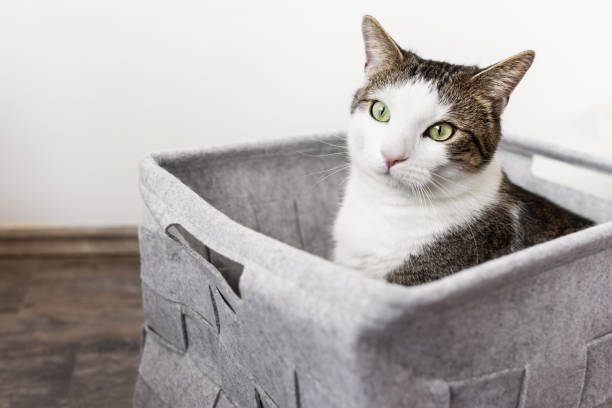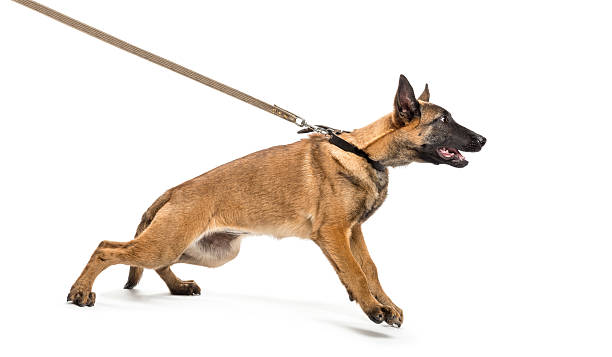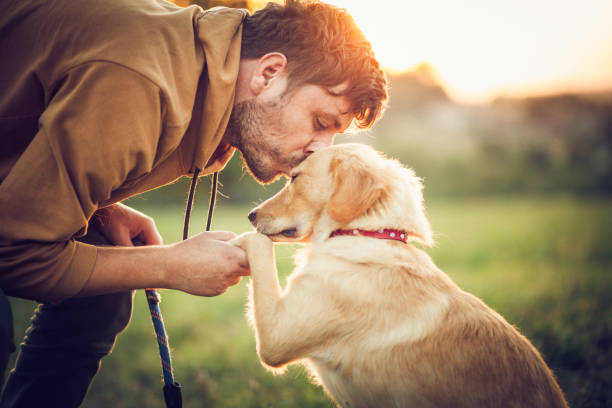How To Keep Your Pet Safe And Cosy This Winter
Protective measures are necessary to protect against the chill waves that occur during winter. Humans can beat the cold with hot water, warm clothes and heaters. Pets, however, rely only on their skin for protection. Even though they have thick coats, it is known that cold weather can make them feel uncomfortable.
The thickness of your pet’s coat will determine how much heat can be trapped in its fur. Additionally, pets are as susceptible to Hypothermia (low body temperatures) and Frostbite (“freezing of skin or tissue) as humans.
There are many ways to keep your four-legged friend safe and warm this winter.
Limit Outdoor Time
Cold weather can cause Frostbite to pets’ ears, paws, and tails. Therefore, outdoor activities should be limited. As temperatures can fluctuate, it is important always to accompany your pet when you go outside. When your pet is on his own, you need to be extra cautious.
Important to remember that short-haired pets such as rabbits, cats, and dogs need extra care during winter. To keep your rabbits warm, add layers of hay. You can also add blankets to your cat and dog kennels.
Make them wear a sweater.
To beat the cold, pets with shorter coats need something more than their skin. A sweater can keep them warm and cosy. Senior cats and dogs have weak immune systems and experience significant hair loss. Therefore, sweaters are recommended for them even indoors.
Large fur pets should not be forced to wear jackets or sweaters. This could overheat them. Their thick fur is designed to keep them warm in cold weather. You can wear lighter clothing if the temperature drops too low.
Regular grooming
Winters are not the best time to bathe your pet, but they need regular grooming. Your four-legged friend will be well-insulated if their coat is clean and tidy. Your pet’s undercoat is crucial for its comfort in winter and summer. The undercoat can become matted and dirty without regular grooming. This will reduce their insulation ability. This can lead to a decrease in immunity.
Use high-quality shampoos on your pet to clean their hair and make it shine. You can also use moisturising lotions to prevent allergies and dermatitis.
Regularly Check Their Paws
Winter salts can be collected by your pet while they are out walking. These winter salts can cause dry skin and itching. Your pet may ingest these chemicals if it licks its paws often. You should clean and dry your pet’s feet after every winter walk. Dog shoes can be used to protect your dog’s feet and keep them warm.
Be on the Lookout for Unusual Signs
You should be aware that your pet’s winter discomfort may indicate Hypothermia. These are the clear signs of Hypothermia, and you should immediately take your pet inside.
- Whining
- Shivering
- Anxiety
- Slowing down
- Looking for places to burrow?
Frostbite symptoms include swelling and discolouration in the affected areas. These signs should be immediately reported to your veterinarian.
Avoid Over-Feeding
To keep your pet warm and cosy, you will need to add an extra layer. It should be only their coat and not their body fat. Overfeeding your pet can cause laziness and can lead to them becoming lazy. Winters are when your pet’s activity level should dictate the number of calories they are receiving. Whole foods with raw meats can be a great option for healthy skin and energy.
Keep them well hydrated.
Winter is the worst time for pets to dehydrate. Cold weather causes the air to become dryer, and your pet will crave water more. Make sure they have water available and refill their water bowl when it becomes too cold. If you notice dry or flaky skin, consult your veterinarian immediately.
Do Not Use Room Heaters to Warm Your Home
Room heaters can cause pets to get too cosy. These heaters can cause radiation burns to pets, leading to serious injuries. It is important to ensure that your pet can see the heater safely. Installing a fireguard screen can help prevent your pet from eating the ashes of a fireplace.


